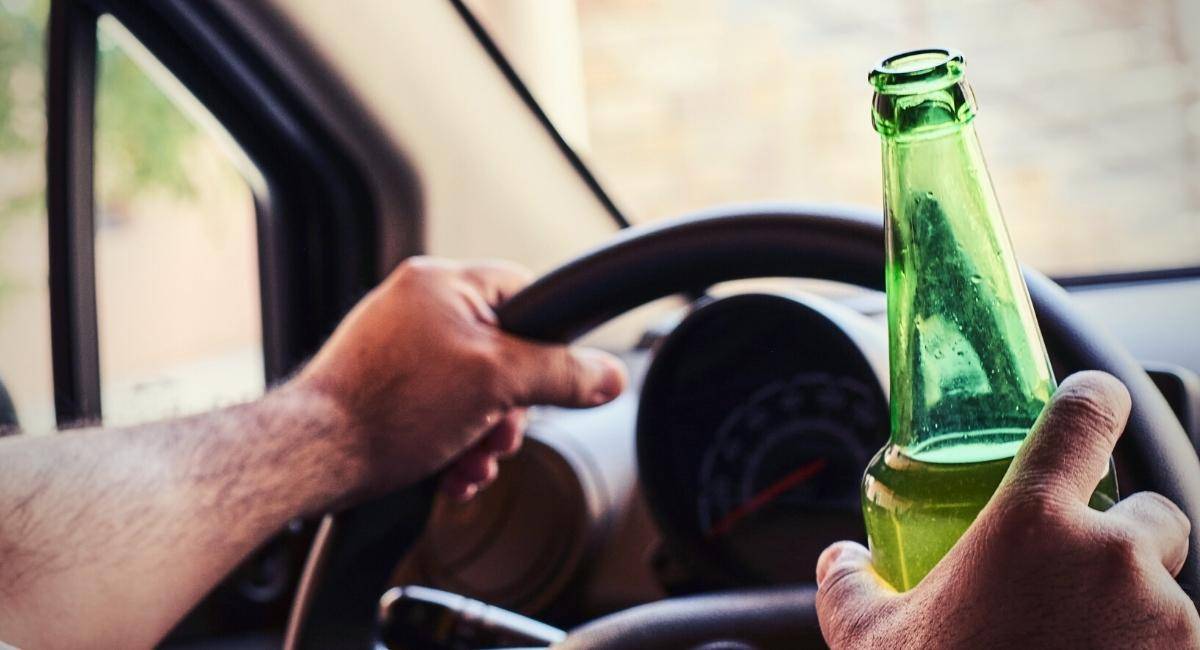Driving while intoxicated (DWI) is usually a misdemeanor offense for first and second arrests that do not involve aggravating factors. DWI becomes a felony, however, when a person is arrested and charged with a Third or Subsequent DWI offense.
It goes without saying that a felony is far worse for an alleged offender than a misdemeanor because there is the possibility of longer prison sentences and increased fines. Felony convictions are especially damaging because they can be barriers to employment in some cases but can also possibly impact a person’s ability to obtain housing.
Third or Subsequent DWI Defense Lawyer in Fort Worth, Arlington, Grapevine, Keller, and Southlake, TX
If you or your loved one were arrested for a third or subsequent DWI in Fort Worth, you have to retain legal counsel as soon as possible. An experienced criminal defense lawyer will give you the best chance to fight the criminal charges.
The Law Offices of Richard C. McConathy represent both residents and visitors to Tarrant County. Our firm will examine your case as soon as you call (817) 422-5350 or contact us online to schedule a consultation.
Third or Subsequent DWI Charges in Tarrant County
The state DWI law is found in Texas Penal Code § 49.04 and makes it a criminal offense for a person to be intoxicated while operating a motor vehicle in a public place. Texas Penal Code § 49.01(2) provides two definitions for intoxicated: “not having the normal use of mental or physical faculties by reason of the introduction of alcohol, a controlled substance, a drug, a dangerous drug, a combination of two or more of those substances, or any other substance into the body” and having a blood or breath alcohol concentration (BAC) of 0.08 or more.
Alcohol concentration is defined under Texas Penal Code § 49.01(1) as the number of grams of alcohol per 210 liters of breath, 100 milliliters of blood, or 67 milliliters of urine. While many other states have specific “lookback periods” limiting the lengths of time that prior drunk driving convictions can be used against alleged offenders in the prosecution of current offenses, Texas has no such limit.
Prosecutors are thus allowed to use any of the following prior convictions against an alleged offender in third or subsequent DWI cases:
- DWI — Texas Penal Code § 49.04
- DWI with a Child Passenger — Texas Penal Code § 49.045
- Flying While Intoxicated (FWI) — Texas Penal Code § 49.05
- Boating While Intoxicated (BWI) — Texas Penal Code § 49.06
- Assembling or Operating an Amusement Ride While Intoxicated — Texas Penal Code § 49.065
- Intoxication Assault — Texas Penal Code § 49.07
- Intoxication Manslaughter — Texas Penal Code § 49.08
Third or Subsequent DWI Penalties in Texas
Most third or subsequent DWI offenses are classified as third-degree felony offenses. A person convicted of a third-degree felony can be sentenced to up to 10 years in prison and/or ordered to pay a fine of up to $10,000.
Many other consequences can stem from the third or subsequent DWI convictions. Some of the possible punishments could include:
- Loss of the right to own or possess a firearm
- Two-year suspension of driver’s license
- Mandatory installation of deep-lung device (DLD) or ignition interlock device (IID)
- Annual Texas Department of Public Safety (DPS) Driver Responsibility Surcharge of $1,500 for three years
- Drug and/or alcohol evaluation and possible counseling
- Mandatory attendance at DWI repeat offenders class and alcohol or drug education program
- Up to 1,000 hours of community service
- Other court and administrative costs

Third or Subsequent DWI Defenses in Fort Worth
Many DWI arrests are based on an alleged offender’s BAC, but the initial test results are not necessarily final. If an investigation reveals that tests were performed by unauthorized individuals or using equipment that was not properly maintained, the errors could invalidate the test results.
Some cases could involve possible errors by the arresting officers. For example, an arrest that stems from an unlawful traffic stop usually will have to be thrown out.
Fort Worth Third or Subsequent DWI Resources
Alcoholics Anonymous (AA) | Fort Worth Central Office — AA identifies itself as “a fellowship of men and women who share their experience strength and hope with each other that they may solve their common problem and help others to recover from alcoholism.” Use this website to find the times and locations of meetings in the greater Fort Worth area. The Fort Worth Central Office states that phones are answered 24 hours a day, seven days a week, and can be contacted at (817) 332-3533.
Official Texas Driver License Eligibility System — Use this Texas Department of Public Safety (DPS) website to track your driving eligibility status, pay fees charged to you for your driver’s license suspension offenses, and view compliance items needed to determine and understand your license eligibility. You will have to enter your driver’s license or ID number, date of birth, and the last four digits of your Social Security number to log in. You can also find compliance requirements, answers to frequently asked questions about the Online Driver License Eligibility System, and fees, payments, and payment options.
Find A Tarrant County Defense Attorney for Third or Subsequent DWI | Law Offices of Richard C. McConathy
Were you or your loved one arrested for your third or subsequent DWI in Fort Worth or another area in Tarrant County? You should not delay in finding yourself legal representation.
The Law Offices of Richard C. McConathy understands the tremendous stress that you are feeling and we can work to help relieve some of that burden so you can move on with your life. Call (817) 422-5350 or contact us online to receive a free consultation.
